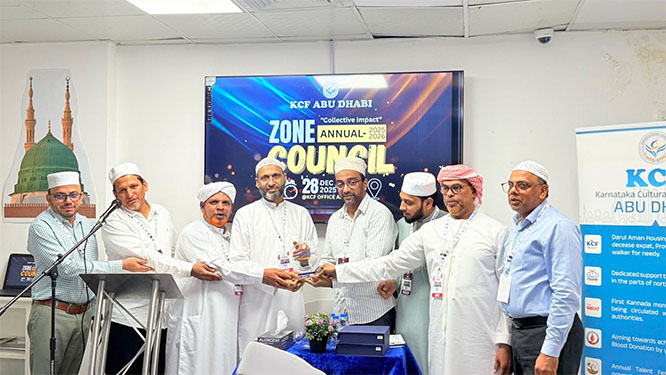Bengaluru: The leaked contents of Karnataka’s long-awaited caste census suggest a significant policy shift—extending the creamy layer rule to Category 1 castes under the backward classes reservation list. This category includes some of the most disadvantaged nomadic and microscopic communities.
The commission, headed by Jayaprakash Hegde, has reportedly recommended that the creamy layer policy—already applied to categories 2A, 2B, 3A, and 3B—be extended to Category 1. The report notes that some groups within Category 1 have achieved considerable progress socially, economically, educationally, and politically, thus justifying the introduction of a filtering mechanism.
The panel emphasized the growing inequality within Category 1 itself, stating that children from impoverished farming and labourer families are unable to compete with the children of wealthier households in the same category.
“The competition is stiff here and there is a threat that this category may become one populated by the rich in due course if the creamy layer policy is not implemented,” the report reportedly states.
It further underlines that to fulfil the constitutional goal of equitable opportunities, the policy must be introduced across all categories of backward classes, including Category 1.







Comments
Add new comment